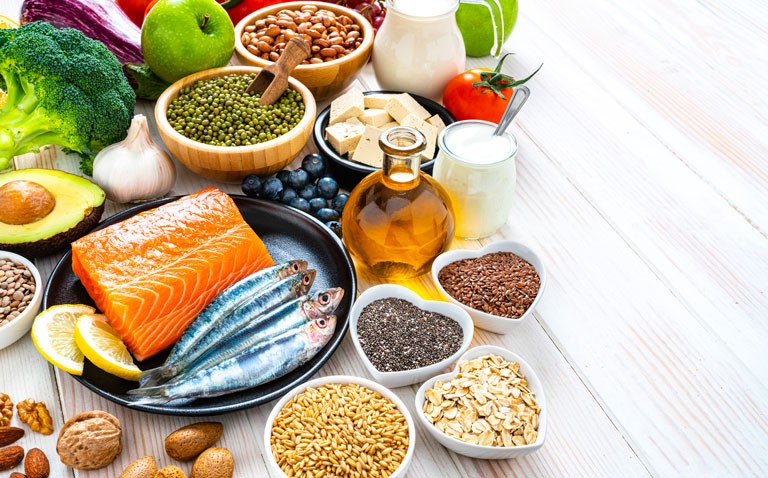Poor metabolic health leads to worse outcomes in COVID-19 but a higher diet quality appears to reduce the risk and severity of infection.
The presence of poor metabolic health in conditions such as obesity and type 2 diabetes is known to be associated with worse outcomes in COVID-19. In fact, a higher body mass index has been found to be a causal risk factor for COVID-19 susceptibility and severity. Obesity is influenced by dietary intake but an important factor is the quality of an individual’s diet so that a higher diet quality is associated with a lower risk of obesity. Various measures have been developed to evaluate diet quality and how this can impact on the risk of chronic diseases. One such diet score is the healthful Plant-Based Diet Index (HPBDI) and which has been associated with a lower risk of developing type 2 diabetes. However, the association between diet quality and both the risk and severity of COVID-19 is less clear.
In light of this evidence gap, a team led by researchers from Harvard Medical School, Boston, US, decided to explore the relationship between diet quality and COVID-19. The team used data obtained from a smartphone app used for the COVID-19 Symptom Study to prospectively investigate the association. As well as diet, the team sought to examine how the risk of COVID-19 depends on not only on diet quality but also socioeconomic deprivation. Demographic and clinical data were collected via the smartphone app between March and December 2020, together with self-reported COVID-19 testing and symptoms. Diet quality was obtained using a short-form food frequency questionnaire and participants were asked to report how often on average, they consumed one portion of particular foods in a typical week. Using this information, the team calculated a HPDI score which ranged from 14 (lowest) to 70 (highest) with higher scores reflecting a healthier plant-based diet. Individuals were then categorised as having a low, medium or high HPDI score. The primary outcome was COVID-19 risk based on a predictive, symptom-based algorithm and multivariable Cox models were used to calculate hazard ratios (HR) for COVID-19 risk and severity.
Findings
Self-reported diet quality was available for 592,571 app users with a mean age of 56 years (68.2% female), of whom, the vast majority (96%) were of White ethnicity and the mean HPDI score for the whole sample was 50. In fully adjusted models, for individuals with the highest HPDI score compared to the lowest score, the risk of COVID-19 was reduced by 9% (HR = 0.91, 95% CI 0.88 – 0.94, p < 0.001). Furthermore, the risk of severe COVID-19 was also significantly reduced for those with the highest HPDI compared to the lowest HPDI scores (HR = 0.59, 95% CI 0.47 – 0.75, p < 0.001).
When considering socioeconomic deprivation, there was clearly an association between an increased risk of COVID-19 and diet quality. For example, among those living in an area of low deprivation and with a low HPDBI score, the risk of COVID-19 was slightly elevated (HR = 1.08, 95% CI 1.03 – 1.14). However, among those with a low HPBDI scores and living in an area of high deprivation, the risk was much higher (HR = 1.47, 95% CI 1.38 – 1.52). In fact, even among those with a high HPBDI but living in a highly deprived area, the risk of COVID-19 was still elevated (HR = 1.28, 95% CI 1.18 – 1.37, p < 0.001).
The authors concluded that a higher diet quality was associated with a reduced risk of both COVID-19 and severe disease but also that the combination of poor diet and increased socioeconomic deprivation further increased COVID-19 risk.
Citation
Merino J et al. Diet quality and risk and severity of COVID-19: a prospective cohort study. Gut 2021










